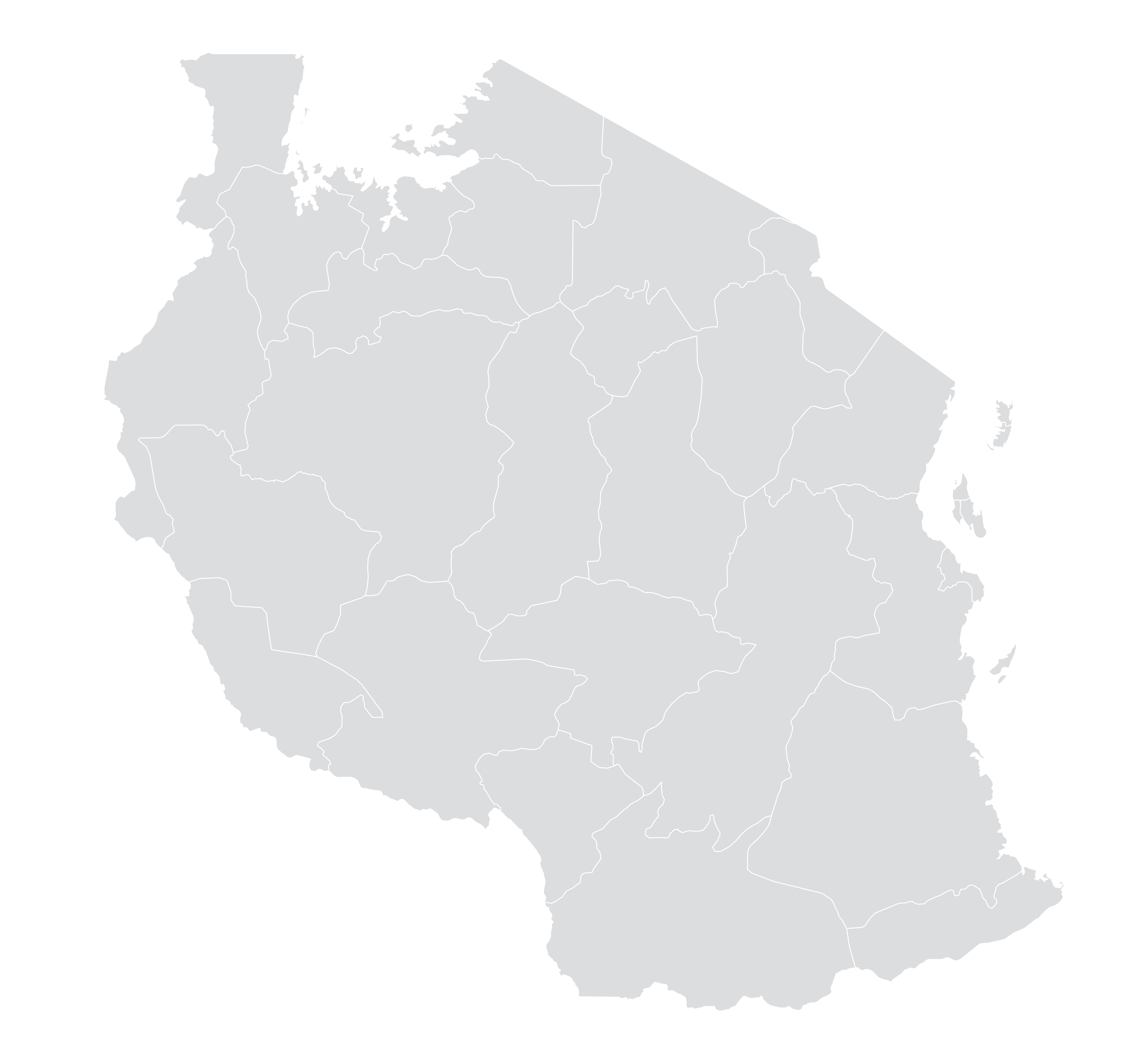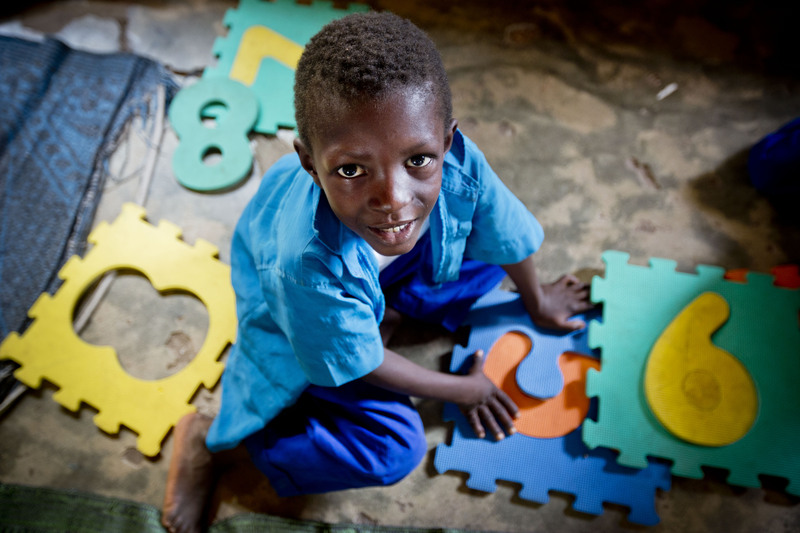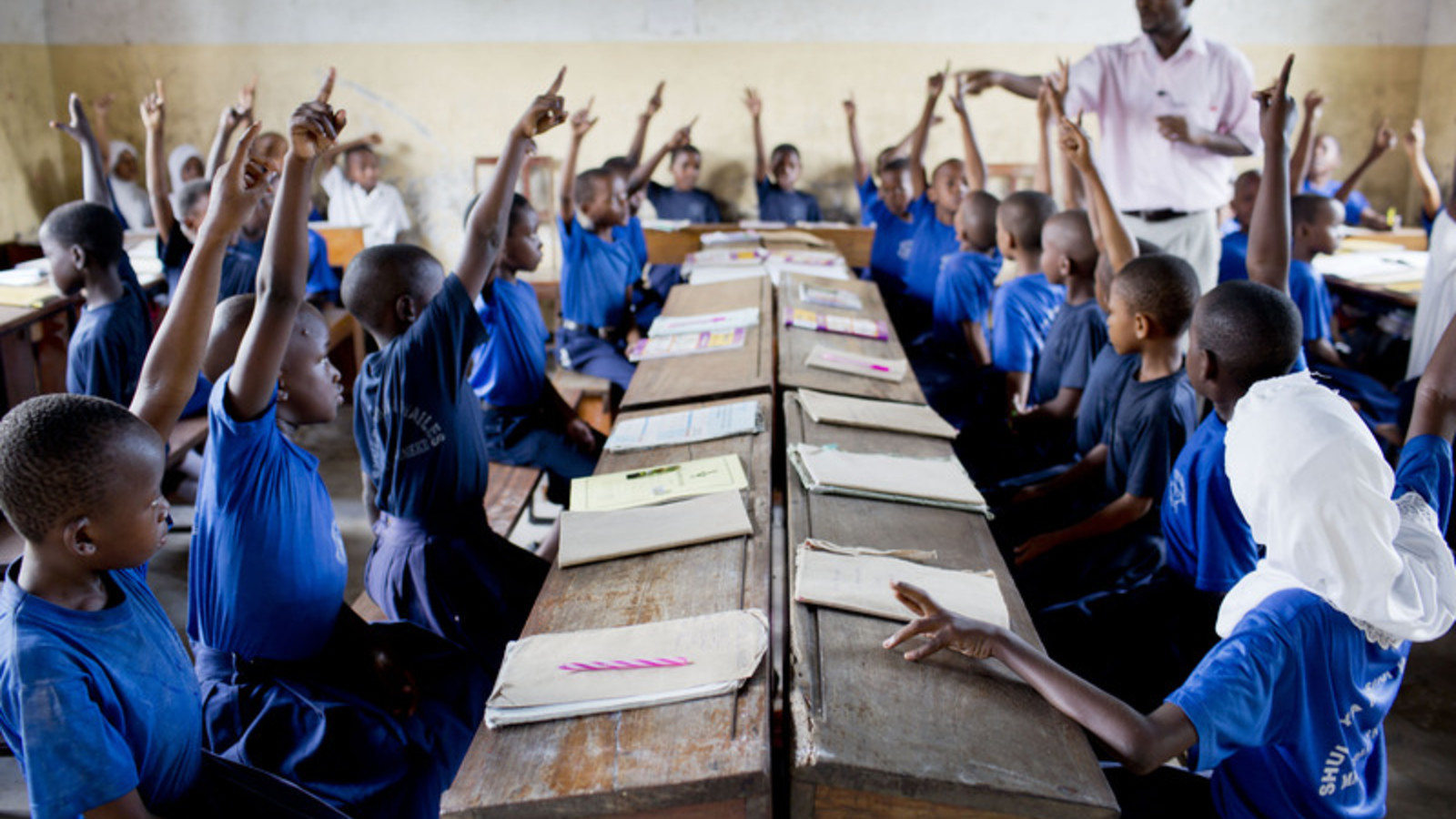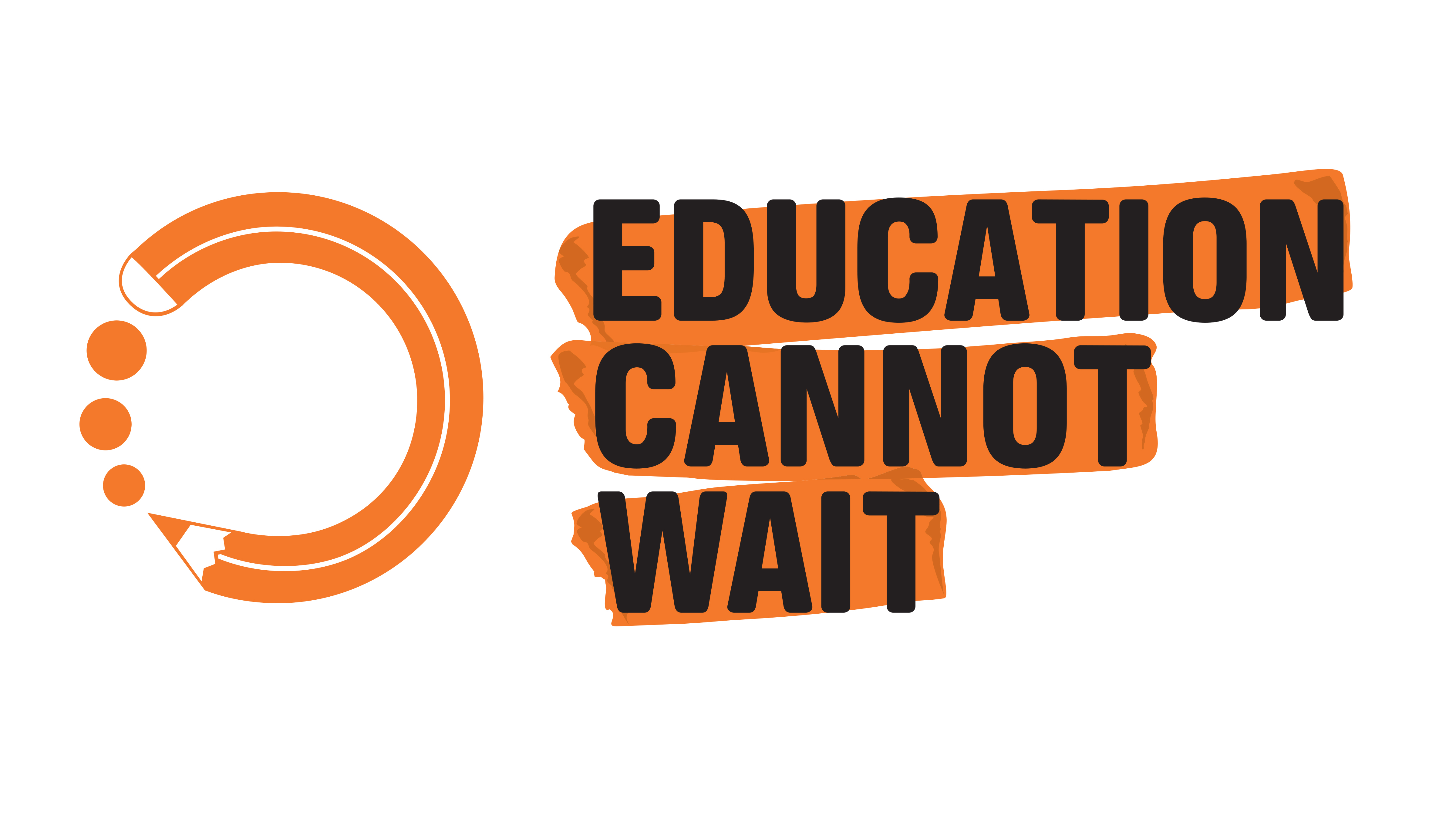ECW in Tanzania
Tanzania hosts a significant number of refugees who have fled armed conflict, violence and political unrest in neighbouring countries. Tens of thousands of them are children and adolescents. Refugees face significant barriers integrating into Tanzanian society, and children and adolescents have limited access to quality education. In refugee camps, schools lack the essential resources and infrastructure to meet students’ needs. The COVID-19 pandemic exacerbated vulnerabilities, putting refugees at increased risk in unsafe learning spaces. Education Cannot Wait (ECW) launched a First Emergency Response (FER) to support partners to create additional learning spaces; improve access to water; sanitation and hygiene; address mental health needs and establish programmes to support girls and children with disabilities. All activities related to this FER concluded in 2021.

Investments
Financial Information
National Counterparts
Ministry of Home Affairs
Additional Results
- Number of teachers/administrators who demonstrated increased knowledge on psychosocial support in education: 1,492
- Percentage of students (grade 1–3) enrolled in ECW-supported schools whose score increases on standard literacy and numeracy assessment: 70%
- Number of children and adolescents receiving ECW-supported remedial classes: 6,991
COVID-19 Results
Programme Info

When COVID-19 hit, schools closed nationwide, worsening the learning crisis for refugee children and adolescents and their needs in terms of mental health and psychosocial support (MHPSS). Once schools began to reopen, the inadequate conditions of the schools and learning environment put refugee girls and boys at risk.
To support safe, inclusive, holistic learning environments for refugee children and adolescents in Tanzania, ECW launched a First Emergency Response (FER). The programme supported partners to create additional classrooms; provide essential resources and services; address mental health needs; and provide resources to ensure inclusive learning environments for girls and children with disabilities.
All activities funded as part of this COVID-19 FER concluded in 2021. ECW has no active programme in Tanzania.
Programme Components
- Addressing mental health and psychosocial needs. Grantees trained educators and school administration on psychological first aid; improving resilience; critical self-care needs for teachers and students; and MHPSS issues common among children in crisis contexts. Training to refer students was provided, along with remedial services for students who have been out of school for extended periods of time.
- Establishing safe learning environments. Supported the addition of semi-permanent classrooms to host a growing number of refugee students, which included learning supplies and desks. Sanitation stations and health protocols were implemented to ensure safety. Upgraded water, sanitation and hygiene (WASH) stations were built with gender and disability inclusivity as a focus.
- Providing support for girls. Grantees provided training for educators and students, both girls and boys, around menstrual hygiene management (MHM) to build awareness and reduce stigmas. Funding provided girls with dignity kits to further address menstrual health and help them stay in school.
- Supporting children with disabilities. Created inclusive environments through accessible services, educator training and specialized assistive devices to address their needs in the classroom.
For more information on ECW's work in Tanzania, please contact Fadela Novak Irons: fnovak@unicef.org


